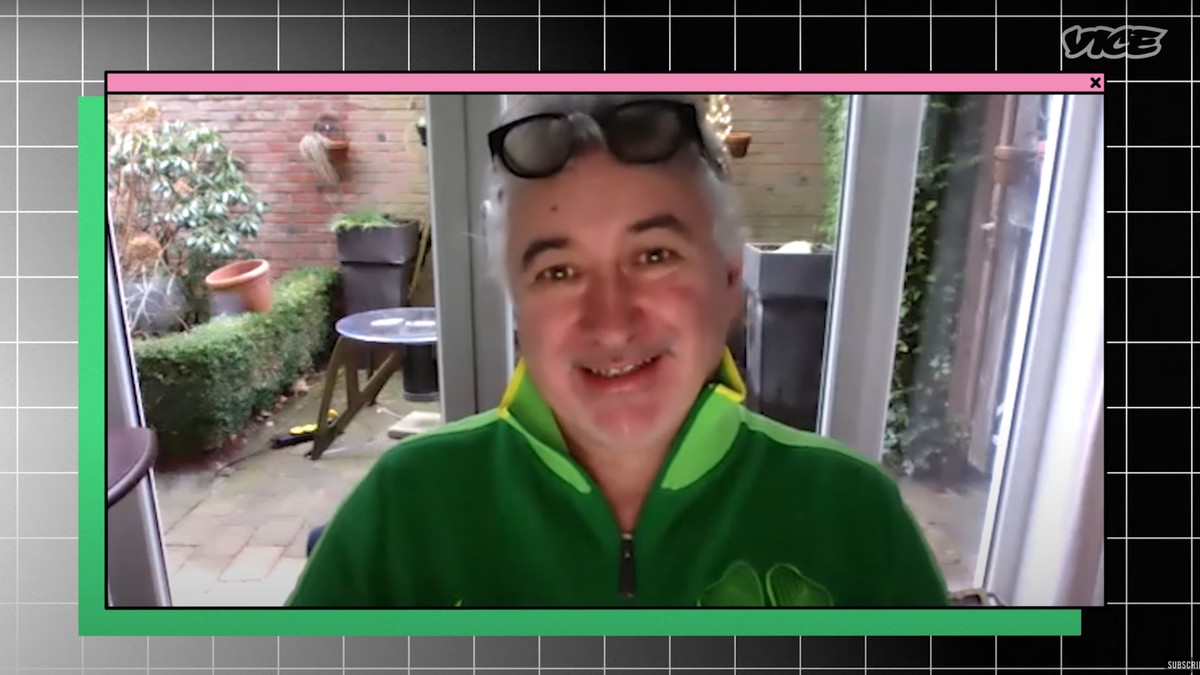It’s a moment that has been captured in countless iconic sci-fi movies: An alien species either sends a message to Earth or actually arrives planet-side, initiating an unprecedented relationship between civilizations that can be benign, hostile, or just plain inscrutable, depending on the film.
This premise makes for great science fiction fodder, but it’s also a possible future reality that requires cogent preparation. Mike Garrett, who serves as the inaugural Sir Bernard Lovell chair of astrophysics at the University of Manchester and the director of the Jodrell Bank Centre for Astrophysics, is one expert who has helped develop international protocols to guide the search for extraterrestrial intelligence (SETI).
Garrett, who is also vice-chair of the International Academy of Astronautics (IAA) SETI Permanent Committee, has worked with his colleagues to establish a thorough vetting process for signals from space with a potentially artificial origin and talked to Motherboard about the best practices for first contact.
“Obviously, you only want to go public with something that is really big news when you’re absolutely sure that this really is a detection, and that it hasn’t some interference just over the hill, as it were, from your radio telescope,” Garrett said in an episode of Motherboard’s “Space Show” posted on Wednesday.
“There’s a set of protocols that have been agreed on by most of the organizations that are involved in SETI that we should try and follow the rules to make sure that when we do come out with an announcement that we made a detection, we are 99.999 percent sure that it really is something,” he added.
These guidelines aim to mitigate the spread of misinformation in the wake of an unambiguous alien message, and they even anticipate the much debated question of whether, and how, humans should respond to contact with an extraterrestrial intelligence. While these topics are inherently scintillating, members of the SETI committee are also well-aware that first contact is an incredibly difficult event to prepare for, given that we don’t know what to expect from an intelligent alien species, assuming they exist at all.
“We absolutely have no idea what’s out there, and we have no idea how we’re going to discover the first SETI signal,” Garrett said. “Science is always surprising. It’s always surprising to us in some way, and discoveries typically happen in ways that we really didn’t predict.”
“I would be really surprised if SETI was discovered by SETI scientists going out on a radio telescope and getting that signal,” he continued. “I think it’ll be something completely unexpected, something that surprises us in many different ways, and something that we’re probably not prepared for.”
In the new episode, Garrett shares his thoughts about the SETI protocols, the range of possible first contact events, humanity’s likely response to alien life, and the wonderfully inclusive world of SETI research, compared to many other scientific fields.
“One of the great things about SETI is that to detect extraterrestrial intelligence, you need to think as broadly as possible, so everyone’s opinion counts,” Garrett said. ‘There’s no right answer to this question at the moment. Everyone can make a contribution.”
